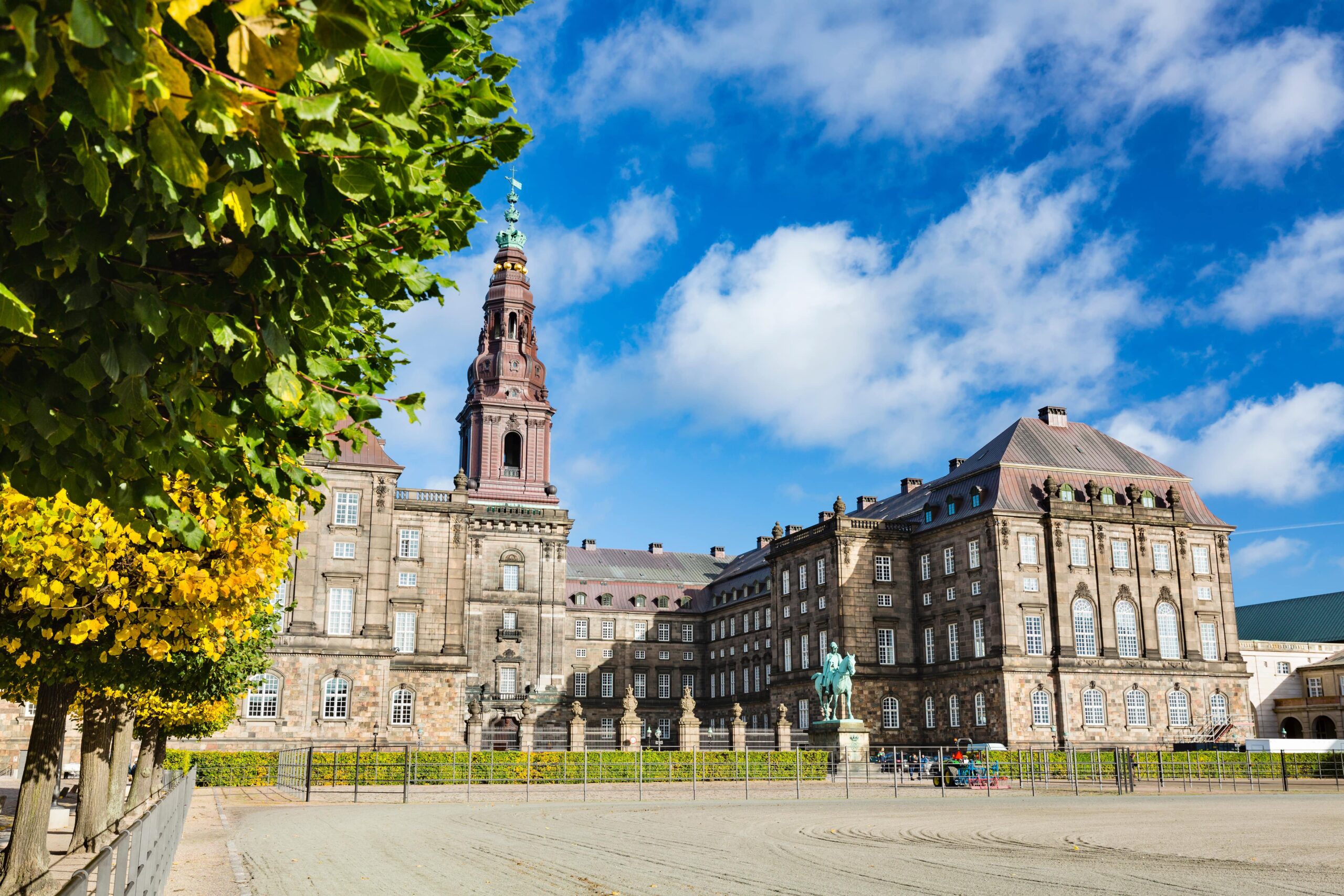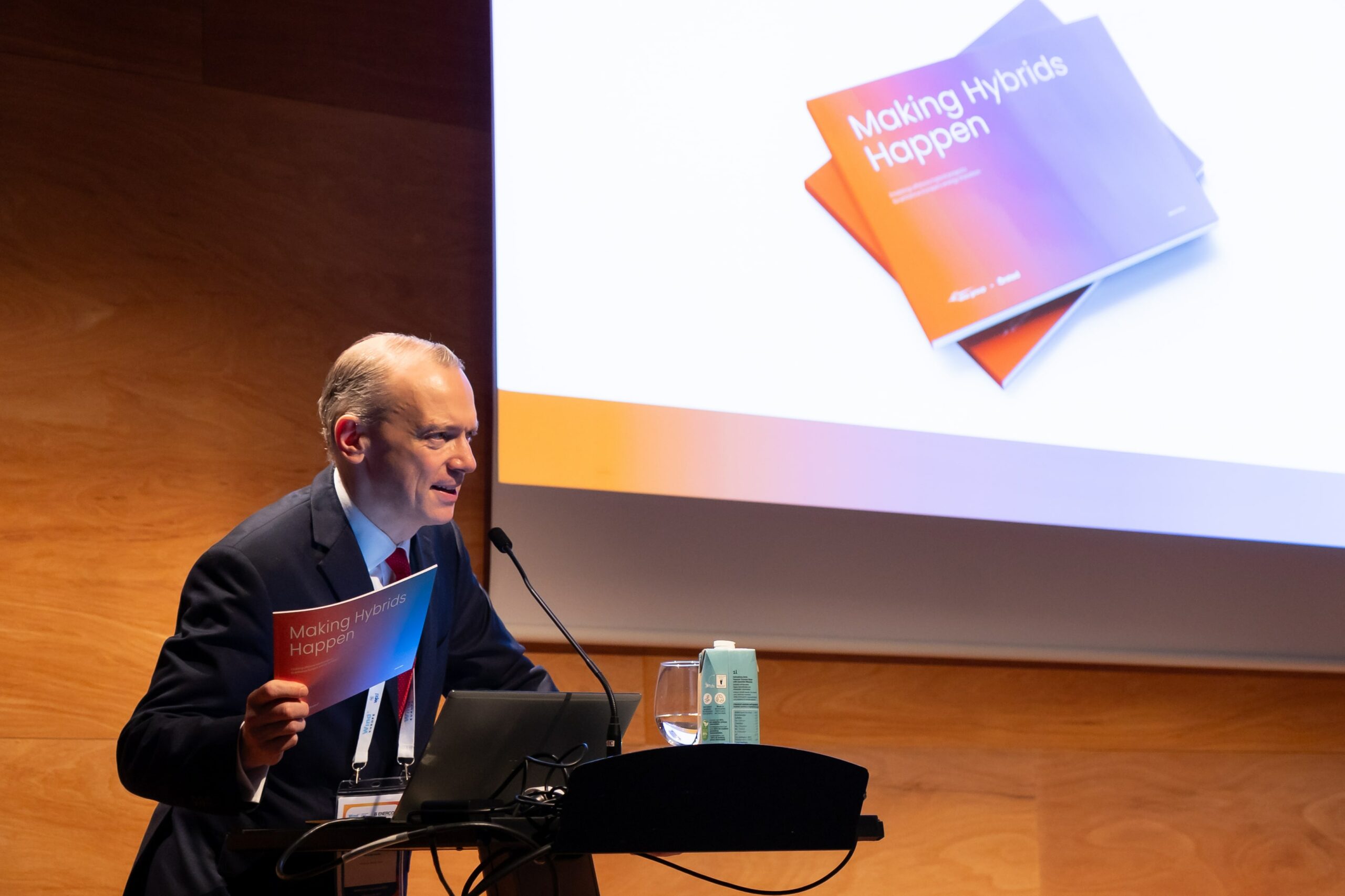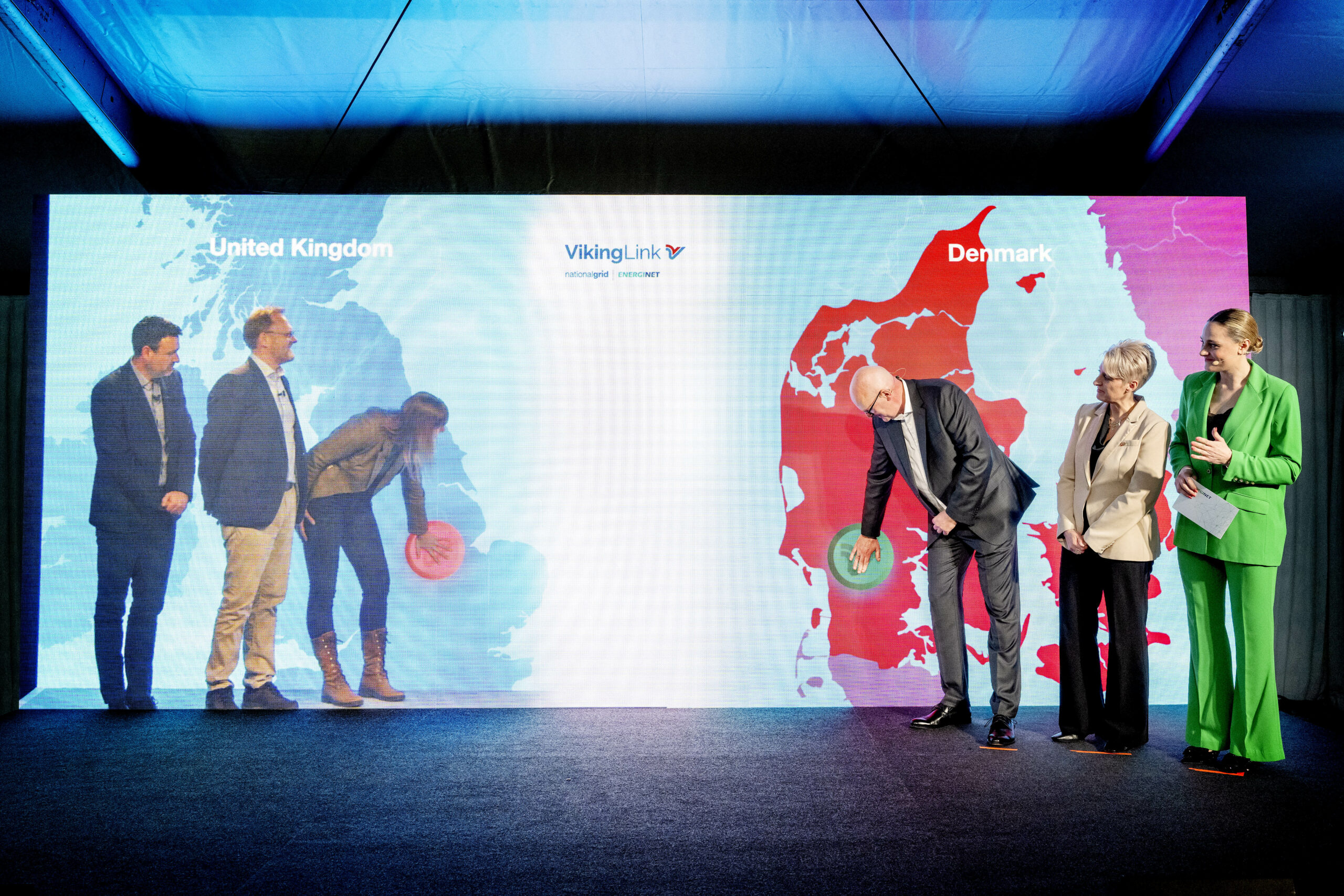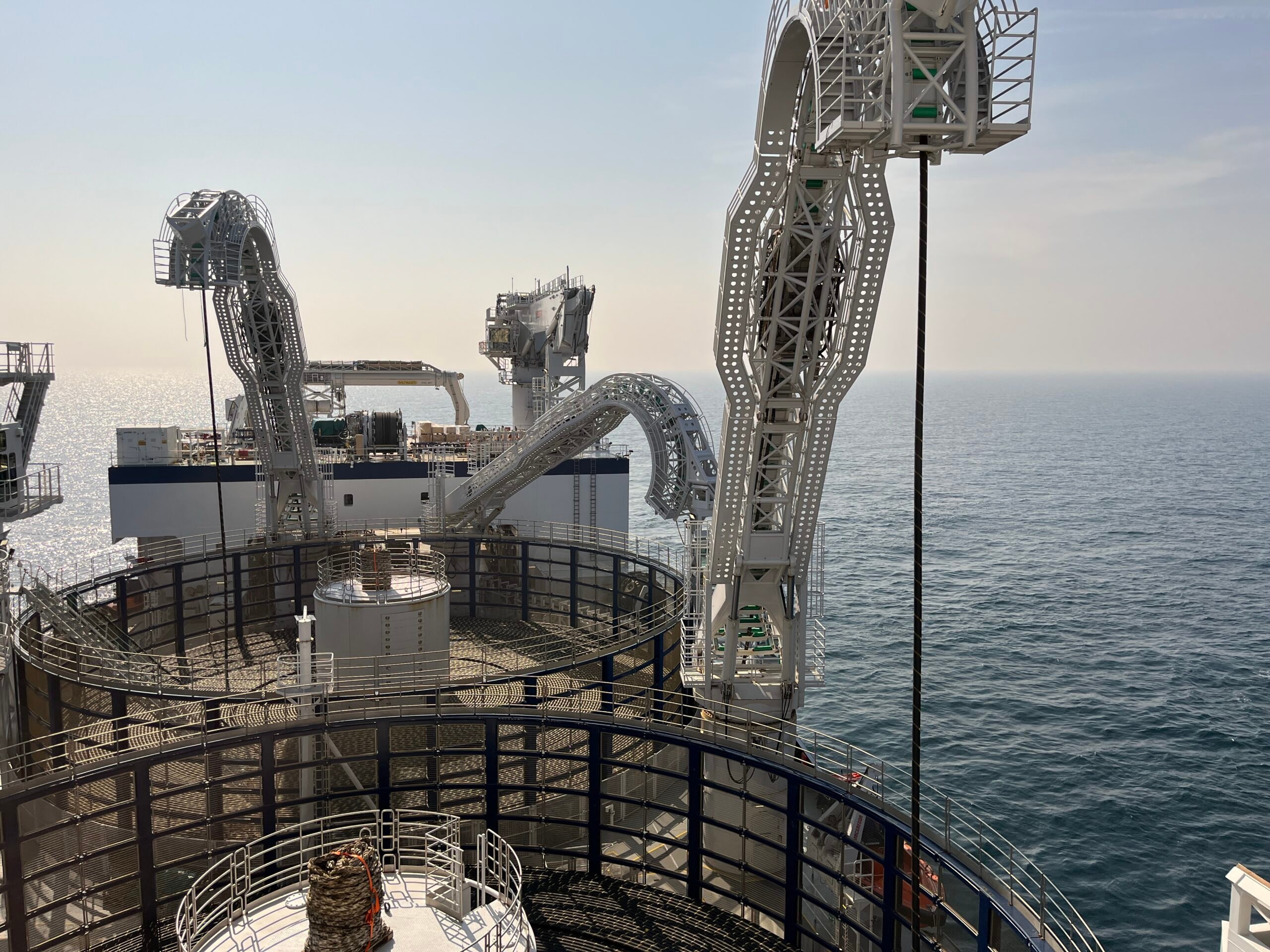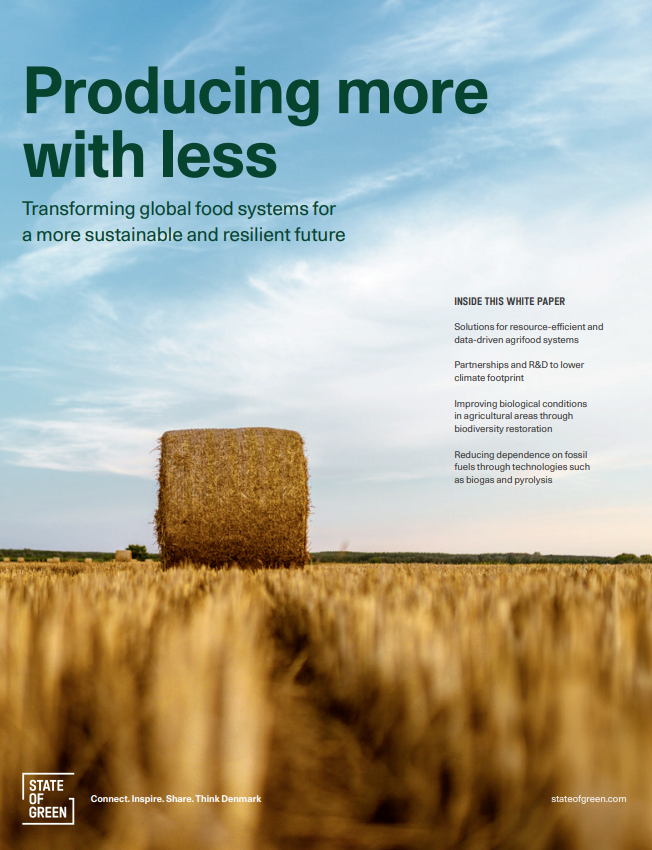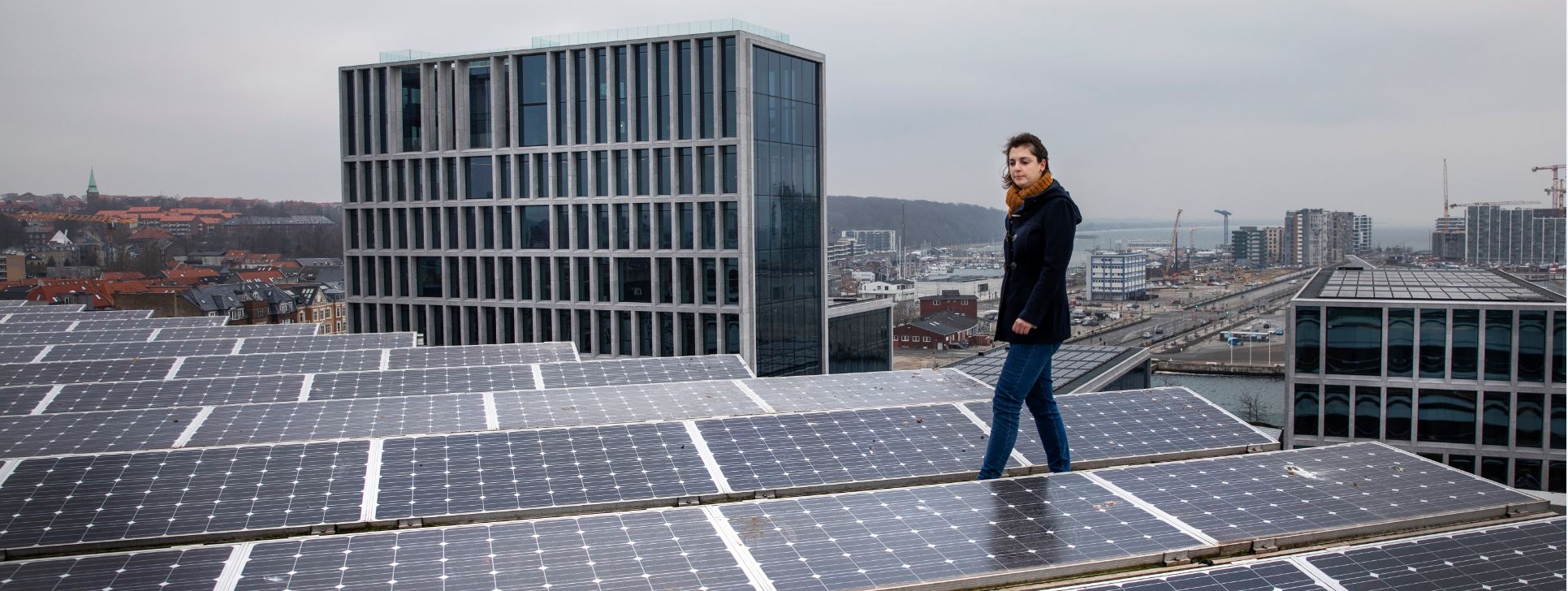News
Biogas
District heating
Photovoltaics
+2
Going for Green Growth in the EU


To most people at the moment, the EU stands for refugee crisis and Brexit. But behind the dramatic headlines, other and just as important items are on the EU agenda.
One of them is energy where Brussels holds the key to a goldmine of opportunities for Danish exporters. Denmark is a market leader when it comes to exports of energy technology, technology that includes everything from wind turbines and solar cells to district heating systems – and Danish businesses are keen to continue developing their expertise in this field. That is why Danish energy policy must integrate closer with the EU, says DI Energy, the Danish Energy Industries Federation.
Europe has rolled up its sleeves
The European energy union saw the light of day for the first time in February 2015. Its purpose is to make the transition to a green economy in Europe faster and cheaper. An example of one of the union’s many initiatives is the launch of the world’s first heating and cooling strategy which is to improve the heating and cooling of houses and buildings.
This is an undertaking to which many Danish businesses will be able to contribute e.g. using district cooling where cold water is pumped around residential dwellings to replace the use of air conditioning. This is the start of a new chapter for European energy transition.
“Europe has rolled up its sleeves and is working hard to ensure that energy is used even more efficiently. The heating and cooling strategy plays a vital role in this and it may become very important to Danish exporters because it will create increased demand in an area in which Denmark is a market leader,” explains Troels Ranis.
This is why the trade community is currently working to identify markets with great potential for its members and is in the process of analysing the export potential for district heating in partnership with Dansk Fjernvarme and Fjernvarmeindustrien (DBDH).
Soon the Danish government will also be appointing an energy commission in Denmark which is to put forward recommendations for the next energy agreement for 2020. DI Energy expects to contribute actively to ensuring a credible, stable and long-term Danish energy policy for the future – because, according to Troels Ranis, Danish energy policy is and will increasingly become an EU matter.
Goals will not achieve themselves
The members of DI Energy include a large section of the Danish energy industry which currently accounts for a significant share of Danish exports. In 2014 alone, energy exports accounted for DKK 74.4 billion.
A survey published by the Confederation of Danish Industry shows that, with the climate agreement put in place after COP21, opportunities exist for even greater growth by 2030. But the industry is ambitious and has set itself the task of realising its export goals already by 2020.
“We have greater ambitions than current export levels. We have set ourselves a goal of reaching DKK 100 billion by 2020,” says Troels Ranis.
According to Troels Ranis, Danish businesses will not achieve that goal on their own. That is why businesses need to work hard to maintain a presence in the right markets, meet demand and be competitive. That is why DI Energy has proposed that a new export strategy for the industry be prepared. This is a proposal that the Danish government has placed at the top of its energy policy agenda for 2016.
“I am pleased that Lars Christian Lilleholt, our minister in this area, has reacted positively to our proposal for a new export strategy for the energy industry. We will actively involve ourselves in this work,” says Troels Ranis.
Focus on PSO
According to Troels Ranis, what stands in the way of achieving goals in the transition to a green economy – and what also damages the competitiveness of Danish businesses – is the PSO tariff that Danish businesses are obliged to pay. The tariff was designed to help finance Denmark’s transition to renewable energy. That is why one of the most important items on DI Energy’s agenda is to abolish the PSO tariff and include the costs over the Danish budget.
“We know that it makes good economic sense to restructure the PSO and instead finance the transition to a green economy over the budget. Calculations published by the Danish Ministry of Taxation show that we are able to save DKK 1.5 billion a year if we do things that way. It is all about optimising the financing of the transition to a green economy so that we are able to hang on to our big ambitions,” says the director of energy and climate policy.
Source: Confederation of Danish Industry
You should consider reading
publications
Resource efficient production
+15
